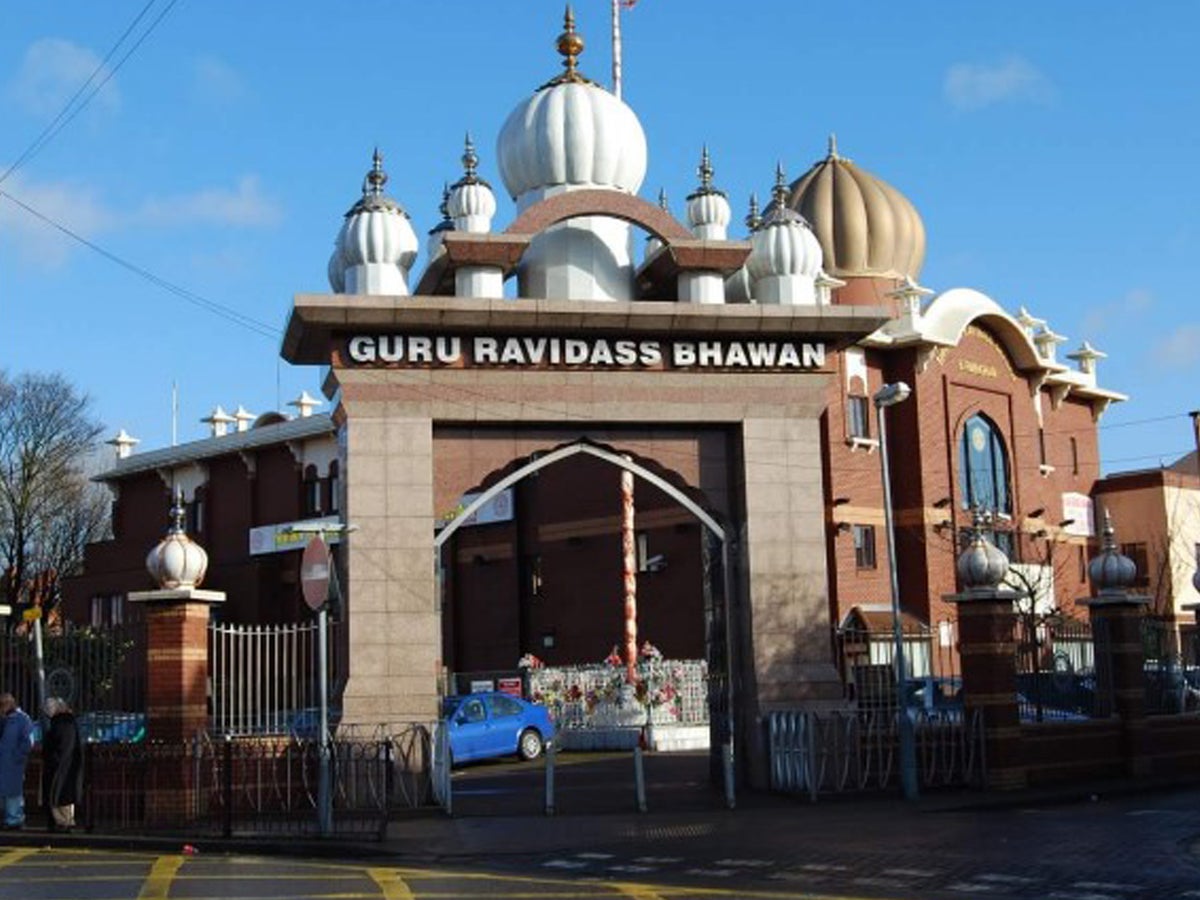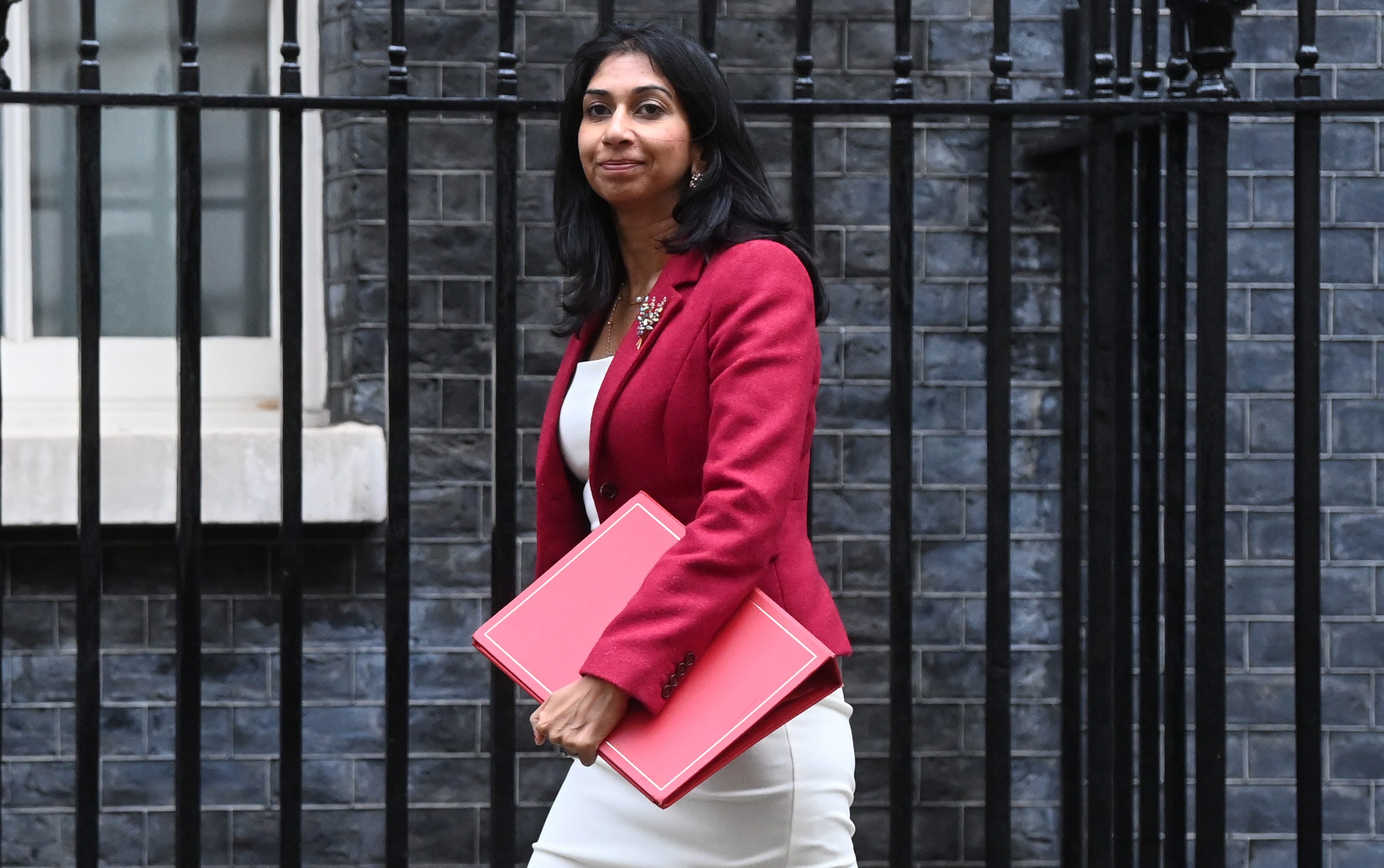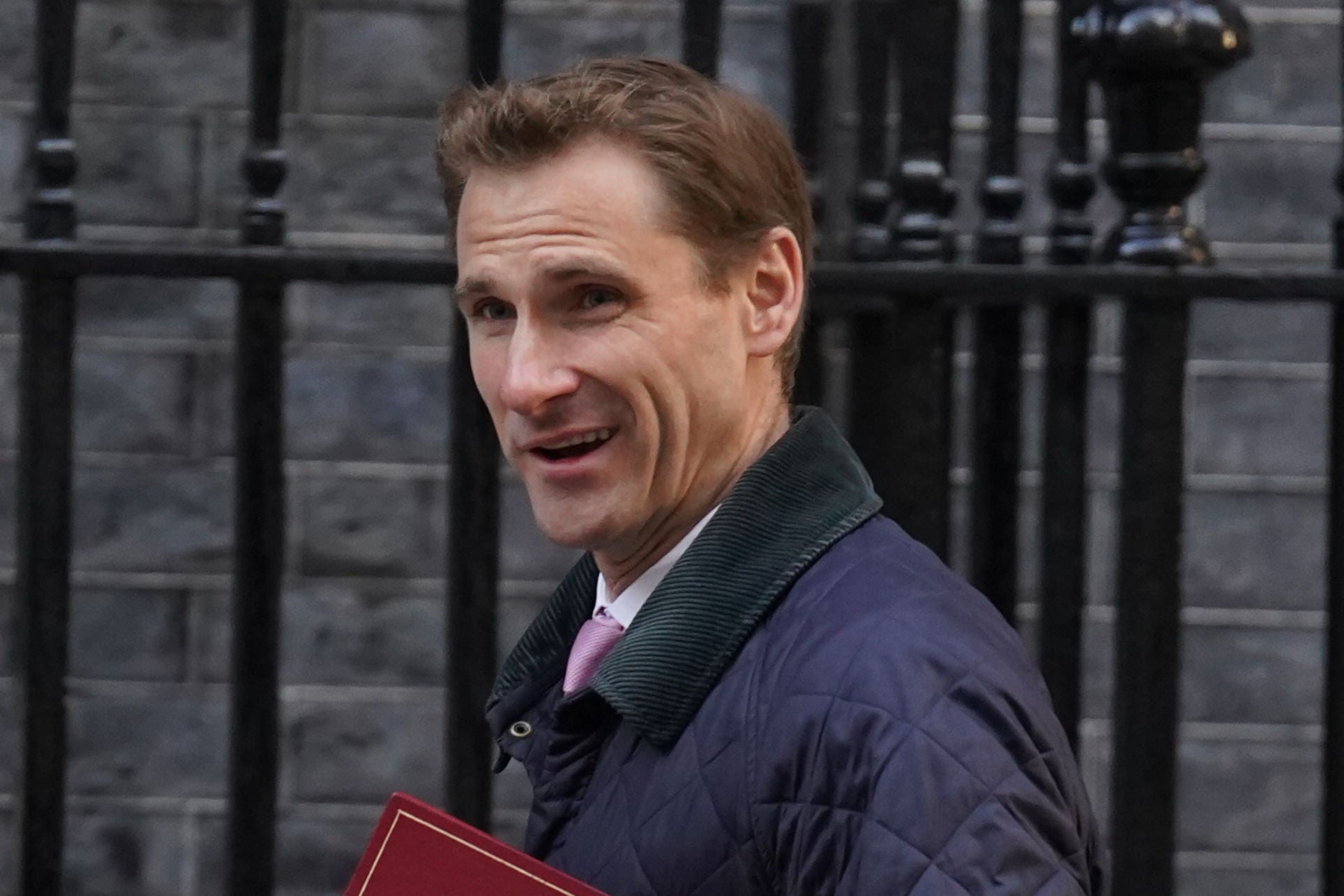
Immigration enforcement officials are targeting places of worship to advise people with insecure statuses to go back to their countries of origin, The Independent has learned.
Specialist teams from the Home Office have carried out more than 400 “community engagement surgeries” at temples, mosques, gurdwaras and churches over the past three years – a fourfold rise since 2019.
In at least three instances last year, officials carried out immigration enforcement visits at places of worship that resulted in taking people directly to an airport, according to figures obtained via a Freedom of Information (FOI) Act request.
Migrant groups and charities criticised the practice, calling for the “hostile environment” policy to be scrapped and claiming people were being “duped”.
Mary Atkinson, policy adviser for the Joint Council for the Welfare of Immigrants (JCWI), told The Independent: “Immigration enforcement has no place in faith spaces – the government must immediately stop running these workshops and scrap the hostile environment so that everybody can access essential public services.”
The “hostile environment” was a set of policies introduced in 2012 by the home secretary at the time, Theresa May, intended to make staying in the UK as difficult as possible for people without leave to remain in the hope that they would leave voluntarily.
The surgeries in religious premises are being carried out by officials from the Home Office’s National Community Engagement Team (NCET), a branch of the department’s Immigration Enforcement function.
They are aimed at undocumented migrants, failed asylum seekers and other migrant groups to advise on how to access the government’s voluntary returns scheme, reintegration, and question-and-answer sessions on overstays, student visas, EU settlement and delays in applications.
Their existence was uncovered as controversy raged over the government’s handling of migrants arriving by dinghy across the English Channel.
The revelation comes as home secretary Suella Braverman is facing possible legal action over conditions at the migrant processing centre at Manston Airfield, where 4,000 people were crammed into facilities intended for 1,600.

One nine-year-old girl described conditions as “like a prison” in a letter she threw over the perimeter fence. Despite the centre being designed to deal with cases within 24 hours, there were reports of asylum seekers remaining for up to a month, with some sleeping in tents.
A hurried operation to get numbers down saw 1,200 people ferried out of the camp by bus over four days, but the Home Office was forced to apologise because some were left to sleep rough on the streets of London.
Home Office minister Chris Philp was branded “callous” after saying it was “a bit of a cheek” for them to complain about conditions when they had chosen to travel to the UK from countries where they could safely have remained.
In other developments, riot police were called to Harmondsworth detention centre near Heathrow Airport on Friday night after a group of detainees armed with weaponry caused a “disturbance” during a power outage.
And on Saturday, Counter Terrorism Policing South East declared that the firebombing of an immigration processing centre in Dover last weekend was a terrorist incident, “motivated by an extreme right-wing ideology”.
Figures released under the FOI Act showed that, in 2019, 46 surgeries were held at places of worship, compared with 167 in 2021.
The Home Office says 137 surgeries were held on religious premises from January to the end of July this year, indicating that the figure for 2022 could be a record high.
Ms Atkinson of the JCWI said religious spaces were vital for those who already felt excluded in the UK.
“Faith spaces of all kinds are essential places for reflection, community and spirituality.
“They are often even more important for migrants who, because of this government’s anti-migrant obsession, face discrimination and are barred from the most essential services.
“That’s why it’s so shocking to see the Home Office breaching the sanctity of these spaces and using them to pursue worshippers.”
According to the figures, 98 sessions were run in religious premises in Southall, west London, over the last three years.

Shakila Taranum Maan from the domestic abuse charity Southall Black Sisters said: “Many of our clients are being duped and misinformed about what these surgeries are for.
“We’ve spoken to people who thought they were going along to get help, but instead they are being advised it’s better to leave the UK and they’re told ‘this is how much you’ll be given’. The Home Office officials aren’t identified clearly enough, so people are giving out all their personal information, not knowing who they are giving these details to.
“Our clients feel this is a violation of the grounds of worship – people go there because they are in turmoil, to search and look for peace. People often go there for food at the community kitchen.
“I believe that the leaders who allow these sessions to be hosted on their premises are betraying our community’s trust. It goes against the ethos of what they’re purporting to do.”
Other hotspots for the Home Office surgeries include the Guru Ravidass Gurdwara in Birmingham, which has hosted more than 35 surgeries so far this year, and the Shri Sanatan Hindu temple in Ealing, west London, which has permitted Home Office officials to enter the premises 83 times since the start of 2019.
Despite assurances that the surgeries do not result in enforcement action, data obtained by The Independent shows that in at least three instances last year Home Office officials carried out immigration enforcement visits at places of worship.
The Home Office says “the purpose of these visits was to transport individuals to airports to make voluntary departures that had been arranged”.
Current Home Office guidance on community engagement visits by NCET teams states: “Some communities, as well as faith communities, may be unwilling to assist police/immigration in carrying out operations. Reasonable steps must be taken to seek advice from the communities concerned.”
The guidance also states that, when planning an operation, “you must ensure and provide evidence that all other avenues of investigation have been exhausted. Scheduling a religious premises operation should be the last resort.
“This sensitive type of operation will involve large numbers of police officers, IOs (intelligence officers) and in some instances offenders.
“Operations at religious premises must be authorised at deputy director level and the minister for immigration must be informed. Such sensitive cases may require the home secretary to be informed.”
A Home Office spokesperson said: “Our community engagement surgeries allow people to seek information from immigration officials on their stay in the UK or receive practical support to return home voluntarily.
“These surgeries are conducted with the permission of community leaders and are held in conjunction with faith-based and community locations in order to have conversations with individuals without the fear of arrest. These are clearly advertised as government-run, and officials identify themselves as being government employees.”







